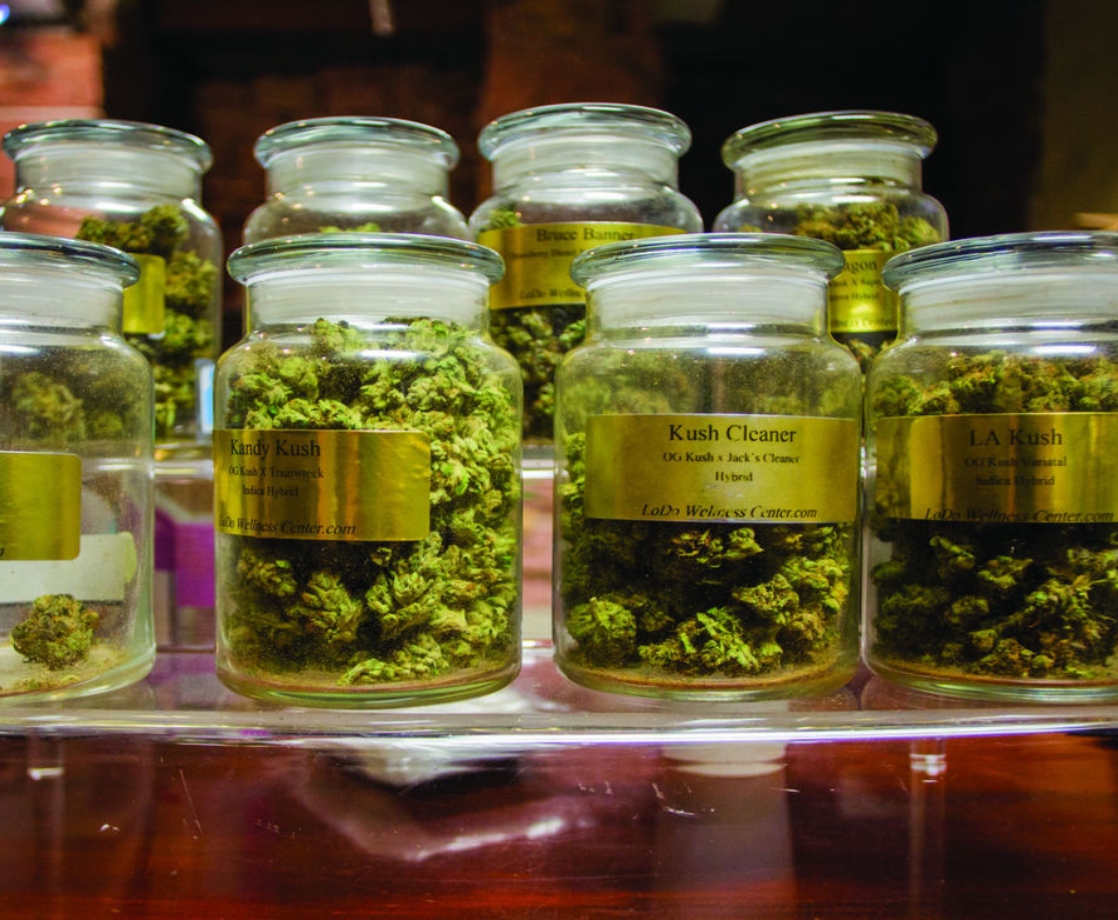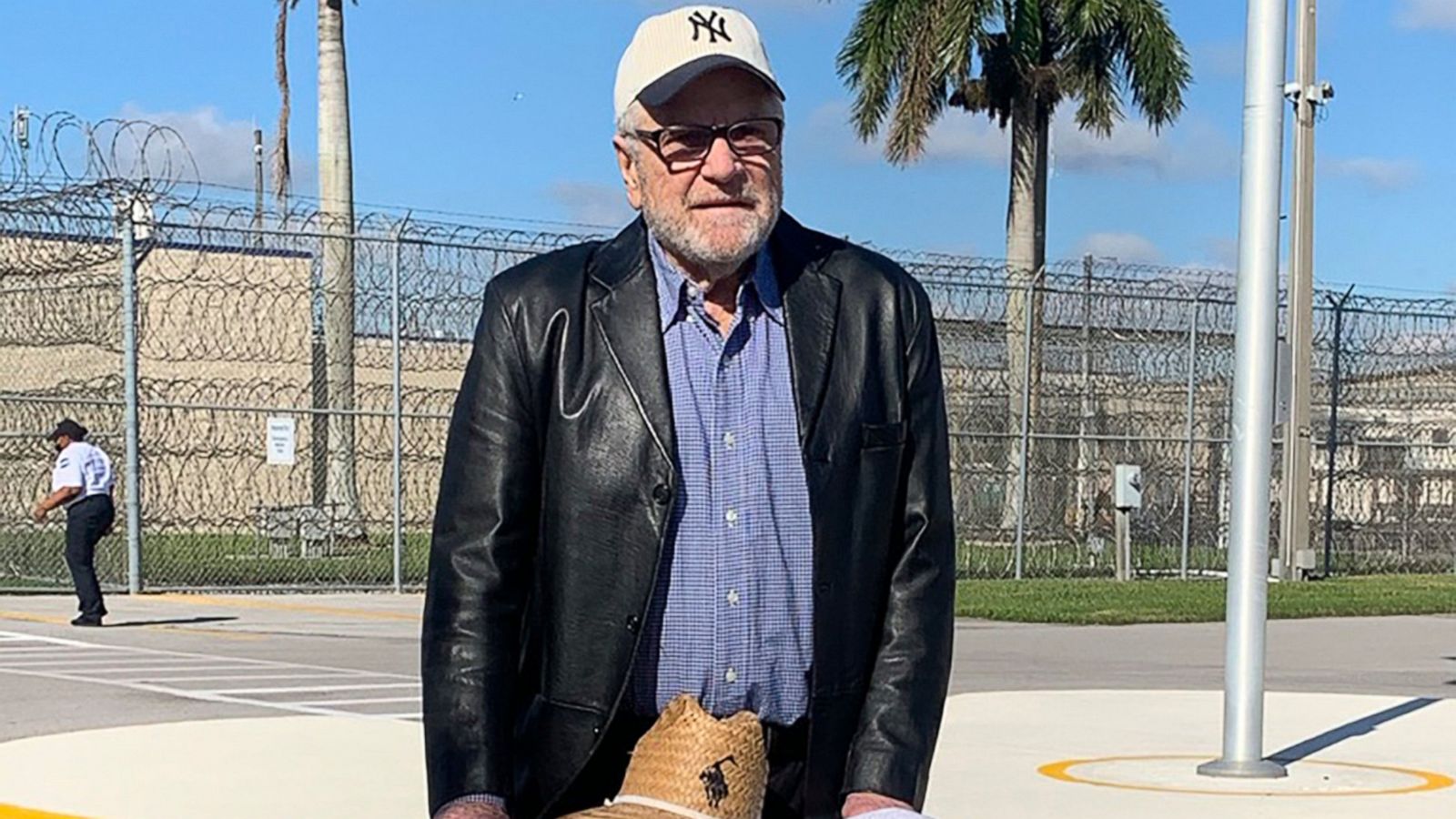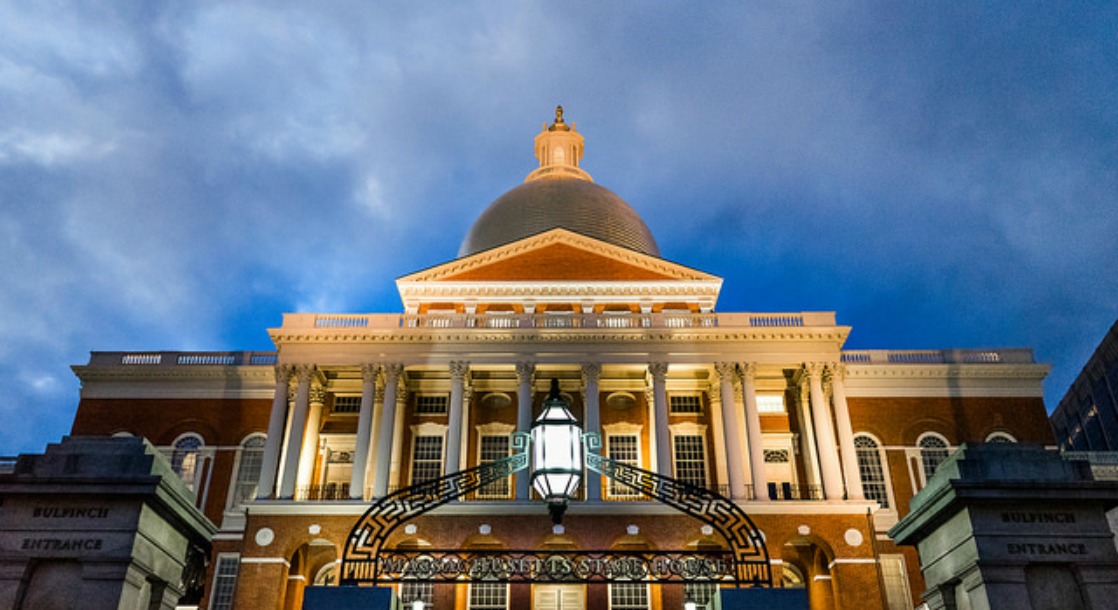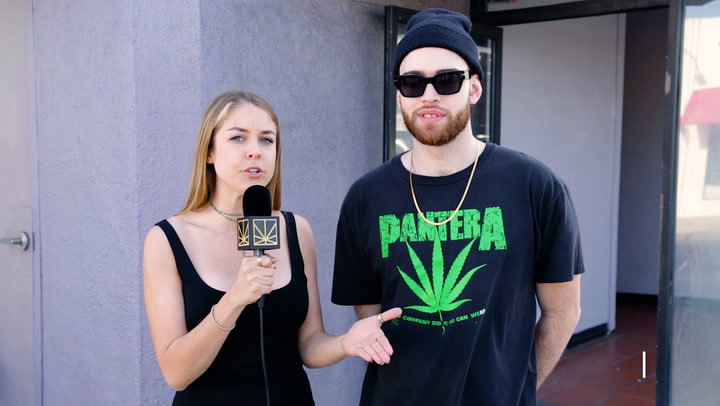Federal health agencies have advised cannabis researchers to procure research-quality weed from state-legal retailers, rather than rely on the low-quality schwag that the DEA makes available for research.
This March, Sen. Brian Schatz (D-HI) sent a letter to the National Institutes of Health (NIH) and the Food and Drug Administration (FDA) requesting information about their plans to support cannabis research. The senator asked the agencies to detail their clinical research agendas, propose recommendations to improve the “quality and validity of cannabis research,” and to detail the “impacts of regulatory barriers for cannabis research,” Marijuana Moment reports.
In response, acting FDA Director Norman Sharpless and NIH Director Francis Collins wrote that they were in favor of clinical cannabis research. “A larger body of rigorous research, including on cannabis and cannabinoid products that are already in use or that could be developed into FDA-approved medications, is key to furthering our understanding of their potential medical benefits and risks,” the directors wrote.
The letter also acknowledged that there are “a variety of barriers to conducting research on cannabis and cannabinoids.” The agencies note that the DEA does allow the University of Mississippi to grow cannabis to be distributed to researchers, but added that limiting production to a single provider limits “the diversity of products and formulations available to researchers.”
Gallery — Fuck-Tons of Weed That No One Is Smoking Except Cops:
The reality of the situation is even bleaker than the letter describes: the weed produced by the University of Mississippi is so bad that researchers haven’t been able to use it. In a recent interview, Dr. Mahmoud ElSohly, director of the government’s only legal weed farm, said that he deliberately limits research weed to a THC content of 8 percent, because stronger weed is too sticky to work in his professional joint-rolling machine. (Is he not aware of the joint rolling machines and tools of 2019?)
After countless angry letters from scientists and politicians, the DEA began accepting applications from other institutions wishing to grow legal weed for research. The DEA sat on these applications for three years, but in July, a federal judge ruled that the agency must explain the reason for its delay. Last month, the DEA finally announced that it would begin considering these applications, but gave no timeline for approving new growers.
Given the seemingly endless delays in this process, the NIH and FDA advised licensed researchers to just buy their own high-quality cannabis in states where it is legal.
“NIH and FDA support enabling researchers holding Schedule I licenses for marijuana to obtain products from state authorized dispensaries,” Collins and Sharpless wrote, according to Marijuana Moment. “Such products could be used for basic or clinical research, provided such materials to be used in clinical studies also comply with FDA chemistry, manufacturing, and control requirements for materials to be used in research conducted under an investigational new drug application.”
The health officials also noted that the Schedule I classification of cannabis interfered with research, and subsequently recommended “streamlining the process for conducting research with cannabis and other Schedule I substances.”
This is the second time that Sen. Schatz has gotten the federal government to admit to the medical value of psychedelics and cannabis. In response to another of the senator’s letters, Collins and Sharpless acknowledged that psychedelics like LSD, ketamine, and psilocybin all had promise as therapeutic medicines.











